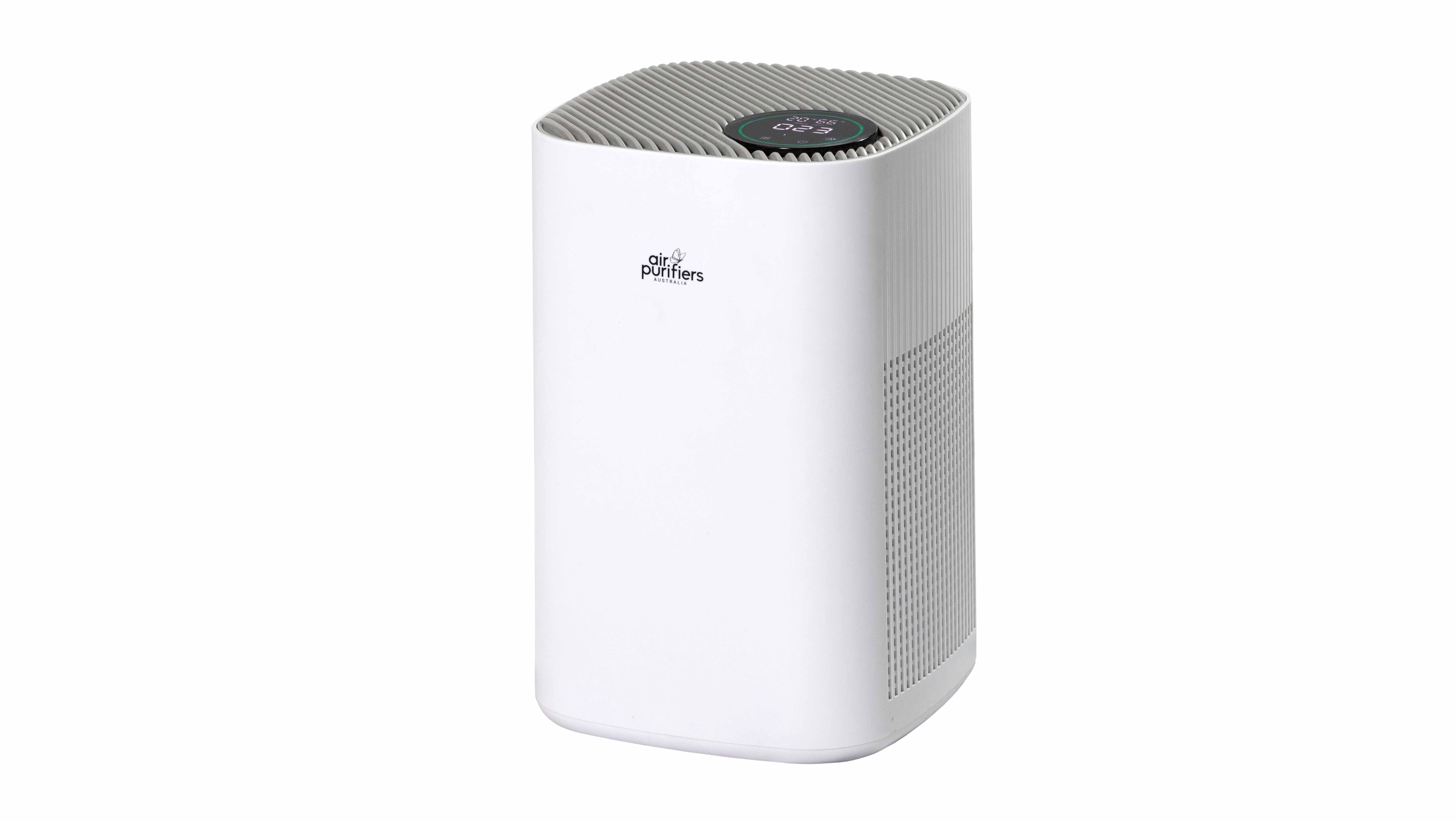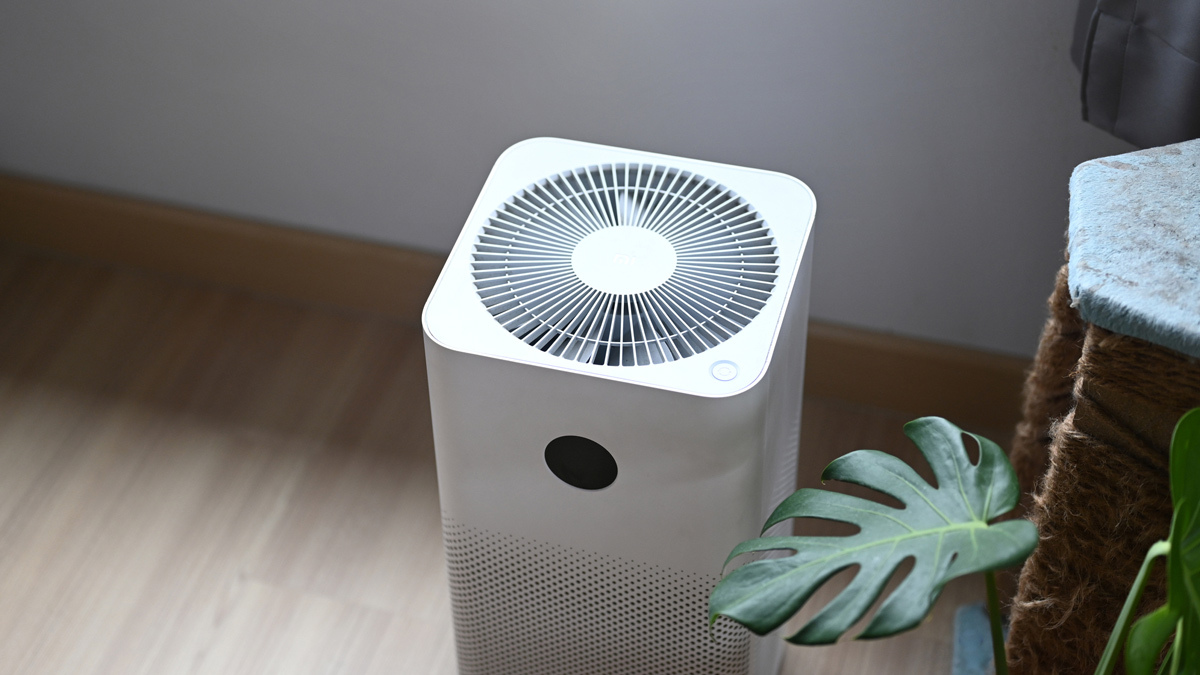Featured
Table of Contents
- – Recognizing Allergic Reactions and Triggers
- – Can Air Purifiers Assist With Allergies?
- – The Science Behind Air Purifiers and Allergies
- – Are Air Purifiers Right for You? Factors to T...
- – Taking advantage of Air Purifiers for Allergies
- – Beyond Air Purifiers: A Multi-Pronged Techniqu...
- – Living a Breath Easier Life with Allergies

For allergy patients, spring blooms and cosy family pets can bring even more sniffles and sneezes than joy. Indoor allergens like allergen, family pet dander, and plant pollen can inflict mayhem on your breathing system, leaving you feeling miserable. Air cleansers are commonly proclaimed as a solution, promising cleaner air and remedy for allergy signs. Are air cleansers genuinely worth the financial investment for allergic reaction victims? This thorough overview checks out the science behind air purifiers, their efficiency for allergic reactions, and the factors to take into consideration when deciding.
Recognizing Allergic Reactions and Triggers
To comprehend the role of air purifiers, let's very first delve right into allergies and their triggers:
- The Allergic Response: Allergies take place when your immune system overreacts to a safe compound, like pollen or allergen. This response sets off the release of histamines, causing allergic reaction signs like sneezing, coughing, scratchy eyes, and a dripping nose.
- Typical Irritants: Indoor irritants consist of allergen, animal dander, mold spores, pollen that wanders inside, and also cockroach irritants. These air-borne particles can aggravate your respiratory tracts and trigger allergic reaction signs and symptoms.
Can Air Purifiers Assist With Allergies?
Air purifiers work by drawing in air, straining contaminants, and releasing cleaner air back right into the room. Below's how they can potentially profit allergic reaction victims:
- Capturing Allergens: HEPA (High-Efficiency Particulate Air) filters, a typical type used in air cleansers, are extremely efficient at capturing airborne irritants like dirt termites, pet dog dander, and plant pollen. By eliminating these triggers from the air you breathe, air cleansers can help in reducing allergy symptoms.
- Improved Air Quality: Air cleansers can additionally get rid of other toxic irritants from the air, such as smoke, dirt, and volatile natural compounds (VOCs) This total renovation in air quality can be beneficial for allergy victims that are sensitive to these extra triggers.
The Science Behind Air Purifiers and Allergies
Research studies have actually revealed that air purifiers can be useful in reducing allergy signs. Right here's a consider some crucial research study findings:
- A 2019 testimonial published in the journal "Current Allergic reaction and Bronchial asthma Records" concluded that air cleansers with HEPA filters can be reliable in reducing allergy symptoms and improving lifestyle for individuals with hay fever (hay high temperature)
- A 2018 research study released in the journal "Record of Allergy, Bronchial Asthma & Immunology" discovered that making use of an air purifier with a HEPA filter in the bed room considerably lowered dirt mite irritant degrees and improved sleep top quality in individuals with bronchial asthma.
Nevertheless, it is necessary to note that research study additionally suggests some restrictions:
- Air Purifier Insurance Coverage: Air cleansers are most effective in the space where they are put. Their impact on irritants in various other parts of your home may be minimal.
- Severity of Allergies: While air purifiers can assist, they may not be a complete service for serious allergies. Medications and various other allergy management methods may still be required.
Are Air Purifiers Right for You? Factors to Take Into Consideration
Here are some key factors to consider when choosing if an air purifier deserves it for your allergies:
- Seriousness of Allergies: If your allergic reactions are mild and well-controlled with medication, an air purifier could not be required. However, for those with moderate to extreme allergies, an air purifier can be a valuable device in handling signs and symptoms.
- Sorts of Irritants: Consider the primary triggers for your allergic reactions. Air cleansers are most reliable for air-borne allergens like allergen, pet dander, and pollen. They might not be as practical for allergens like mold that expand on surfaces.
- Way of life and Environment: If you have pets, reside in an area with high pollen counts, or have problems concerning indoor air quality, an air purifier can be valuable.

Taking advantage of Air Purifiers for Allergies
If you make a decision to purchase an air purifier for allergic reactions, here are some ideas for optimizing its efficiency:
- Choose a HEPA Filter: Try to find an air purifier with a HEPA filter licensed to capture fragments as tiny as 0.3 microns.
- Right Dimension for the Space: Ensure the air purifier has a Clean Air Distribution Price (CADR) that appropriates for the dimension of the room you prepare to utilize it in.
- Positioning Issues: Position the air purifier in the area where you invest the most time, such as your bed room.
- Normal Filter Maintenance: Replace HEPA filters according to the producer's directions to maintain ideal performance.
- Integrate with Other Methods: Air cleansers are not a one-size-fits-all remedy. Combine them with other allergic reaction monitoring approaches like medicine, regular cleaning, and allergen-proof bed linen.
Beyond Air Purifiers: A Multi-Pronged Technique to Allergic Reaction Management

While air cleansers can be an important tool in your allergic reaction toolbox, they are not a magic bullet (If you're looking to buy an Air Purifier then Air Cleaners Australia is the best destination.). An extensive technique that combines air purification with other strategies is vital to accomplishing long-term allergic reaction relief. Below are some added techniques to take into consideration:
- Medication: Antihistamines, decongestants, and nasal corticosteroids, suggested by your physician, can successfully handle allergy signs.
- Allergic Reaction Testing and Immunotherapy: Identifying your particular allergens through allergy testing can lead the way for immunotherapy, a treatment that aids desensitize your body immune system to irritants with time.
- Air High Quality Management: Regular cleansing with a HEPA-filtered vacuum cleaner and allergen-specific cleansing products can substantially decrease allergen, animal dander, and other allergens in your house.
- Controlling Moisture: Mold and mildew grows in humid settings. Using a dehumidifier can aid regulate humidity levels and prevent mold and mildew development, a common interior allergen.
- Way of living Adjustments: If you have allergies to plant pollen, staying inside your home during top pollen seasons and bathing after hanging around outdoors can aid decrease direct exposure.
- Bedding and Surfaces: Framing cushions and bed mattress in allergen-proof covers can substantially lower dirt mite direct exposure. Regularly washing bed linens in warm water helps get rid of irritants.
Living a Breath Easier Life with Allergies
Keep in mind, taking care of allergies is a continual procedure. By understanding your triggers, carrying out a multi-pronged technique, and potentially integrating an air purifier into your strategy, you can considerably lower allergy signs and symptoms and take a breath much easier.
Added Factors To Consider:
- Consulting a Doctor: If your allergic reactions are serious or not well-controlled with medicine and way of living modifications, seek advice from an allergist for customized recommendations.
- Air Top Quality Tracking: Think about making use of an air high quality monitor to track allergen degrees in your house and adjust your monitoring techniques accordingly.
- Long-Term Financial investment: A high quality air purifier can be a lasting financial investment in your health and health.
By taking a proactive technique and adopting a mix of these methods, you can produce a much healthier and allergy-friendly setting, permitting you to enjoy a breath easier life.
Table of Contents
- – Recognizing Allergic Reactions and Triggers
- – Can Air Purifiers Assist With Allergies?
- – The Science Behind Air Purifiers and Allergies
- – Are Air Purifiers Right for You? Factors to T...
- – Taking advantage of Air Purifiers for Allergies
- – Beyond Air Purifiers: A Multi-Pronged Techniqu...
- – Living a Breath Easier Life with Allergies
Latest Posts
Some Ideas on Is It Safe To Automate Cleaning For Your Yeti Rambler? You Should Know
Comprehending the Transition: Why Roseville is Phasing Out Gas
Masport vs Nectre Wood Fireplaces: Picking the Suitable Winter Season Warrior for Your Australian Home
More
Latest Posts
Some Ideas on Is It Safe To Automate Cleaning For Your Yeti Rambler? You Should Know
Comprehending the Transition: Why Roseville is Phasing Out Gas
Masport vs Nectre Wood Fireplaces: Picking the Suitable Winter Season Warrior for Your Australian Home